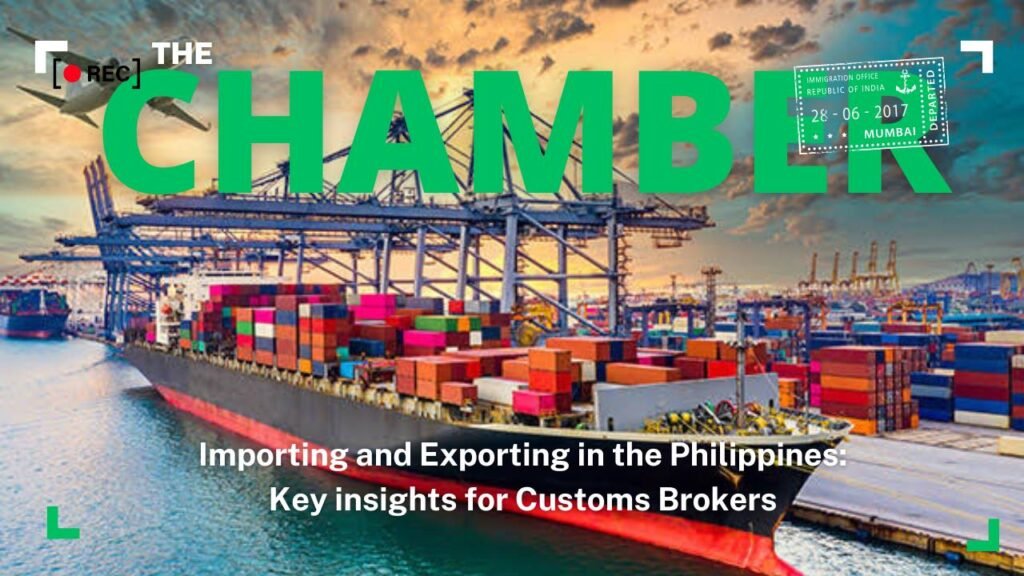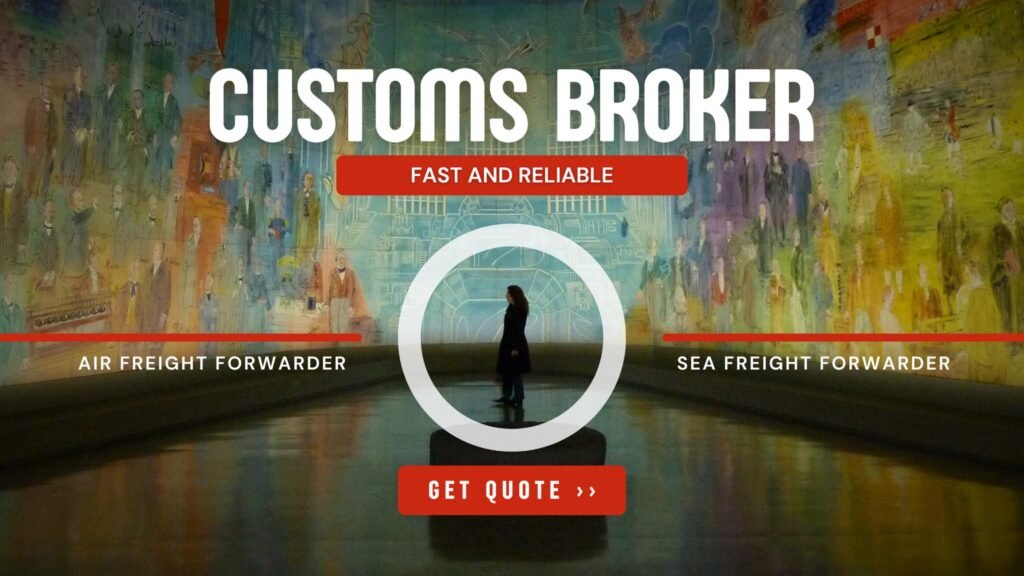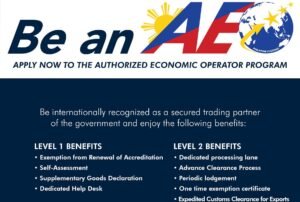Acting as intermediaries between businesses and government agencies, customs brokers hold a crucial position in facilitating international trade, ensuring adherence to regulations, and optimizing customs clearance procedures. In this blog post, we will delve into essential insights tailored for customs brokers engaged in importing and exporting within the Philippines. Importing and exporting are pivotal elements of the Philippine economy, greatly fueling its progress and advancement.
The Philippines participates in import and export trade, historically prioritizing export-oriented sectors. Major exports comprise electronics, semiconductors, machinery, apparel, coconut oil, and fruits. Conversely, the country imports raw materials, intermediate goods, capital items, and consumer products to bolster industries and meet domestic demands. Despite a robust export sector, the Philippines depends on imports for economic sustainability and diverse needs fulfillment.
Customs Brokers, Import and Export Landscape
Navigating Customs Regulations
Subscribe to the MyCCBI365 newsletter









